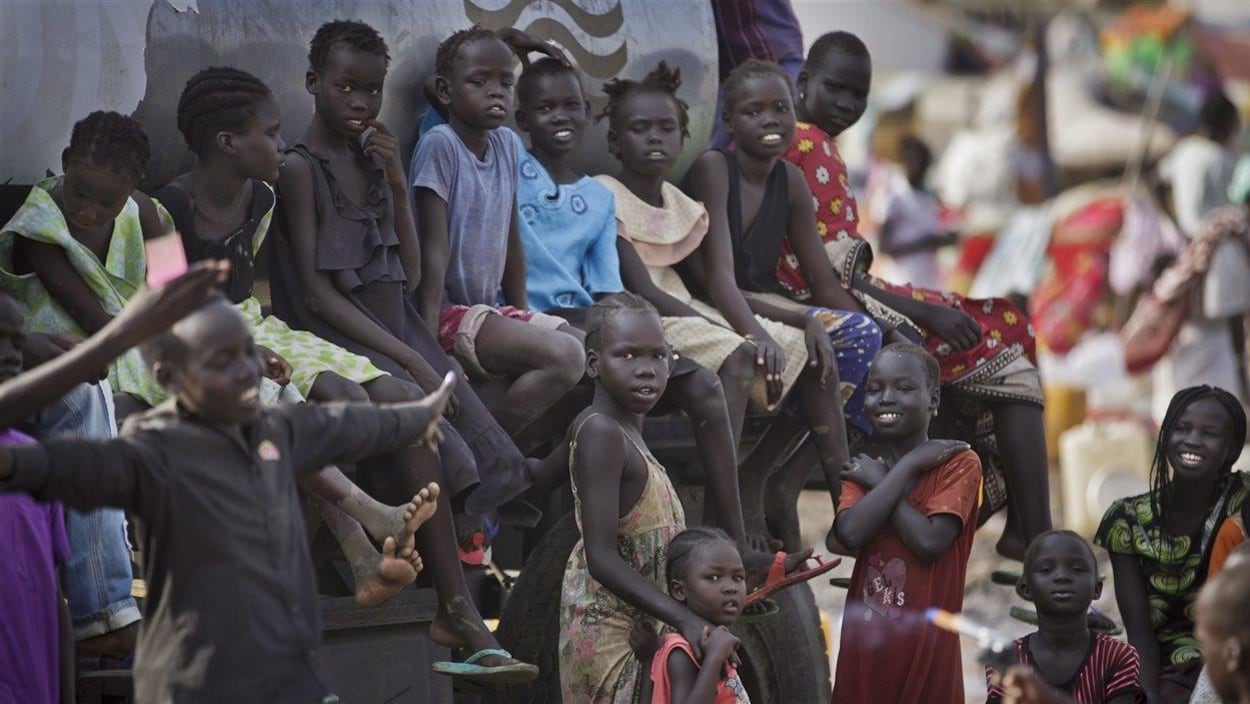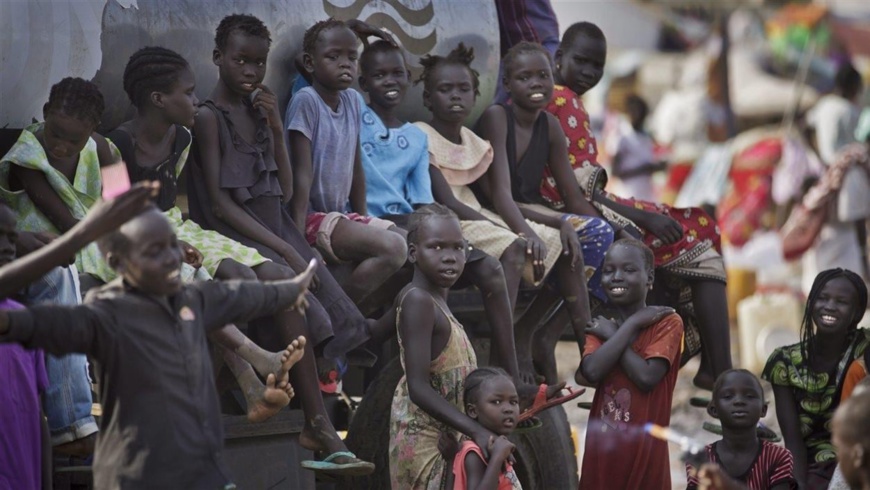“The formation of the new government presents an opportunity to start working towards a path to peace and reconciliation that has until now remained elusive. The focus of attention will logically shift towards the central government in Juba, but government representatives must no longer neglect the serious protection and humanitarian needs of their people,” said Alexander Davey, Country Director for the Norwegian Refugee Council in South Sudan.
After more than six years of war, the South Sudanese population is desperate for its leaders to put their power struggles aside and develop a new vision for the country.
An estimated 7.5 million people will need humanitarian assistance according to OCHA’s Humanitarian Needs Overview for 2020. According to the Integrated Food Security Phase Classification (IPC), some 5.5 million people were acutely food insecure in January.
The invasion of desert locusts to the Eastern Equatoria region this week could prove catastrophic for its already fragile food security situation and could increase vulnerable people´s dependence on humanitarian aid.
“The locust invasion is extremely worrying for South Sudan as the food security outlook is already bleak after floods last year, which affected nearly one million people,” he added.
Mass displacement and localized conflict should also be of major concern to the new transitional government.
Figures released by OCHA indicated that 1.67 million people were displaced in South Sudan. Just last month, clashes between armed groups resulted in the displacement of more than 19,000 civilians, of these, over 8,000 sought refuge in Ethiopia. Skirmishes between armed youth groups in Mvolo County, Western Equatoria also displaced an estimated 5,000 people.
An estimated 7.5 million people will need humanitarian assistance according to OCHA’s Humanitarian Needs Overview for 2020. According to the Integrated Food Security Phase Classification (IPC), some 5.5 million people were acutely food insecure in January.
The invasion of desert locusts to the Eastern Equatoria region this week could prove catastrophic for its already fragile food security situation and could increase vulnerable people´s dependence on humanitarian aid.
“The locust invasion is extremely worrying for South Sudan as the food security outlook is already bleak after floods last year, which affected nearly one million people,” he added.
Mass displacement and localized conflict should also be of major concern to the new transitional government.
Figures released by OCHA indicated that 1.67 million people were displaced in South Sudan. Just last month, clashes between armed groups resulted in the displacement of more than 19,000 civilians, of these, over 8,000 sought refuge in Ethiopia. Skirmishes between armed youth groups in Mvolo County, Western Equatoria also displaced an estimated 5,000 people.
 Menu
Menu
 Protection of people must be priority for new government in South Sudan
Protection of people must be priority for new government in South Sudan

















